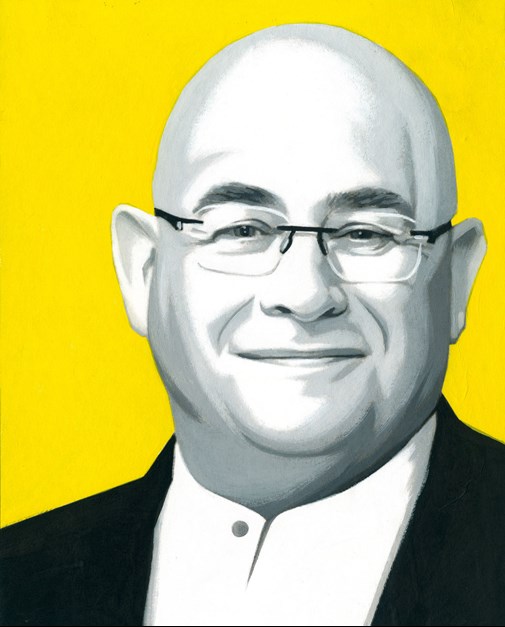Swiss Re relied on big data before the term was invented. Executive Robert Burr talks to the Brunswick Review
When I meet people, I don’t say that I work in reinsurance,” says Swiss Re’s Robert Burr. “I tell them that I work for a company that is predicting tomorrow.”

As Head of Client Markets for Swiss Re’s Life & Health business in Asia, Mr. Burr does in fact work in reinsurance. But if insurance is complex, reinsurance is more so. So Mr. Burr distills the business of Swiss Re to its essence: It looks ahead to the future. Using its balance sheet as a financial backstop to underwrite risk for the world’s largest insurers and governments, Swiss Re forecasts the likelihood of everything from floods and pandemics to future life expectancy. Swiss Re is good, very good, at doing this, as evidenced by 150 years of financial success.
But do not assume that technology has made its mission easier. Proliferating data hasn’t narrowed the element of uncertainty in the calculations made to forecast future outcomes. “The world is getting more complex and unpredictable, technology is transforming our world and, in doing so, creating new risks for societies,” says Mr. Burr.
He believes that the protection Swiss Re offers extends beyond its clients to society at large. Swiss Re is driven by the objective of “making societies more resilient,” he says. From data sources around the world, the company’s deep bench of experts in virtually every scientific field formulates models of the future and puts a price tag on risks, helping society to prepare for and manage disasters in advance, he says. When it comes to natural disasters, Swiss Re’s work goes beyond calculating the likelihood of future catastrophe based on time-series trends – it involves deep research and insight into the environmental factors behind such events.
One example: The company’s researchers have been working with a nature conservancy to study coral reefs’ underestimated role in protecting coastal areas against storms and floods. Among the most fundamental projections Swiss Re makes are those that involve the implications of medical and technological advances for human health and longevity – and for insurers. “The risk areas of tomorrow have shifted as medical advances have led to earlier and more accurate diagnosis of critical illnesses like cancer,” Mr. Burr says. “We are now seeing a much bigger focus on chronic disease and mental health issues as emerging areas of risk, as our bodies seemingly outlast our brains.
“Thirty percent of children born today can expect to live to 100 and beyond,” he adds. “That has major implications for how societies organize themselves and how individuals prepare financially. We should be celebrating that people are living longer but if we don’t do what needs to be done to prepare for longevity, in particular how society funds longer lives, then this success could turn into a major disaster.”
Swiss Re is also studying emerging risk areas such as cyber risk and autonomous driving. “How do we insure against cyber issues – who is the victim of a cyber crime and what is the value of the thing that they have lost? These are not simple questions.
